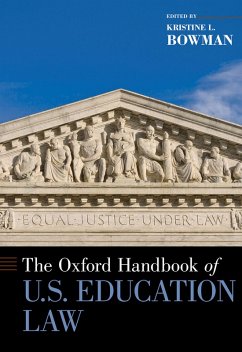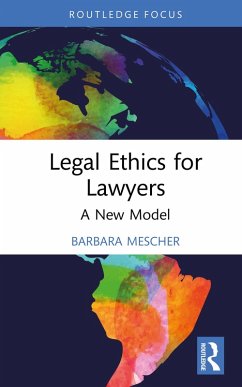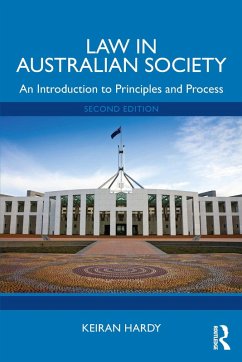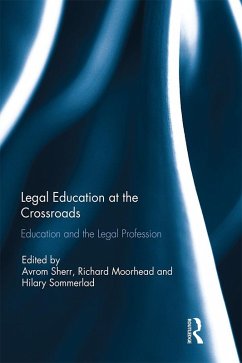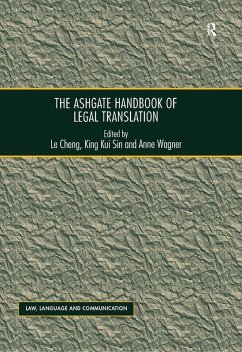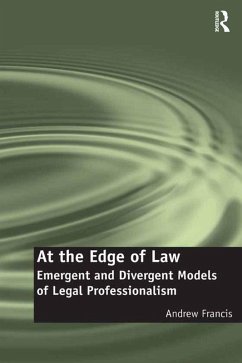
The Oxford Handbook of U.S. Education Law (eBook, ePUB)
Versandkostenfrei!
Sofort per Download lieferbar
75,95 €
inkl. MwSt.
Weitere Ausgaben:

PAYBACK Punkte
38 °P sammeln!
During the mid-to-late 20th Century, education law emerged as a distinct area of practice and scholarship in the United States. Attorneys began to develop specialties representing school districts, students, parents, and teachers, while law schools and colleges of education started to offer courses about the legal regulation of K-12 public schools. The statutory and common law governing schools grew rapidly, and developed in a manner that often treated public schools differently from other governmental entities. Now, law schools and colleges of education regularly offer an education law course...
During the mid-to-late 20th Century, education law emerged as a distinct area of practice and scholarship in the United States. Attorneys began to develop specialties representing school districts, students, parents, and teachers, while law schools and colleges of education started to offer courses about the legal regulation of K-12 public schools. The statutory and common law governing schools grew rapidly, and developed in a manner that often treated public schools differently from other governmental entities. Now, law schools and colleges of education regularly offer an education law course. Many states' school administrator certificates require some familiarity with education law. The scholarly field of education law is rich and deep. Attorneys play a key role in education policy, as do state and federal legislatures and regulatory agencies. The issues range from school funding to supporting English learners; from racial equality to teachers' labor laws; from student privacy to school choice. Addressing those issues and more, The Oxford Handbook of U.S. Education Law provides a comprehensive overview of the current state of K-12 education law in the United States. A number of foundational chapters present a synthesis of general areas of law for those who seek an introduction. Dozens of other chapters build on those foundations, diving into various topics in a nuanced, yet accessible, way, creating value for those who seek to deepen or reframe their knowledge about a specific issue. Throughout the volume and especially in the last section, the authors also look to the future and thus help shape the direction of the field.
Dieser Download kann aus rechtlichen Gründen nur mit Rechnungsadresse in A, B, BG, CY, CZ, D, DK, EW, E, FIN, F, GR, HR, H, IRL, I, LT, L, LR, M, NL, PL, P, R, S, SLO, SK ausgeliefert werden.




